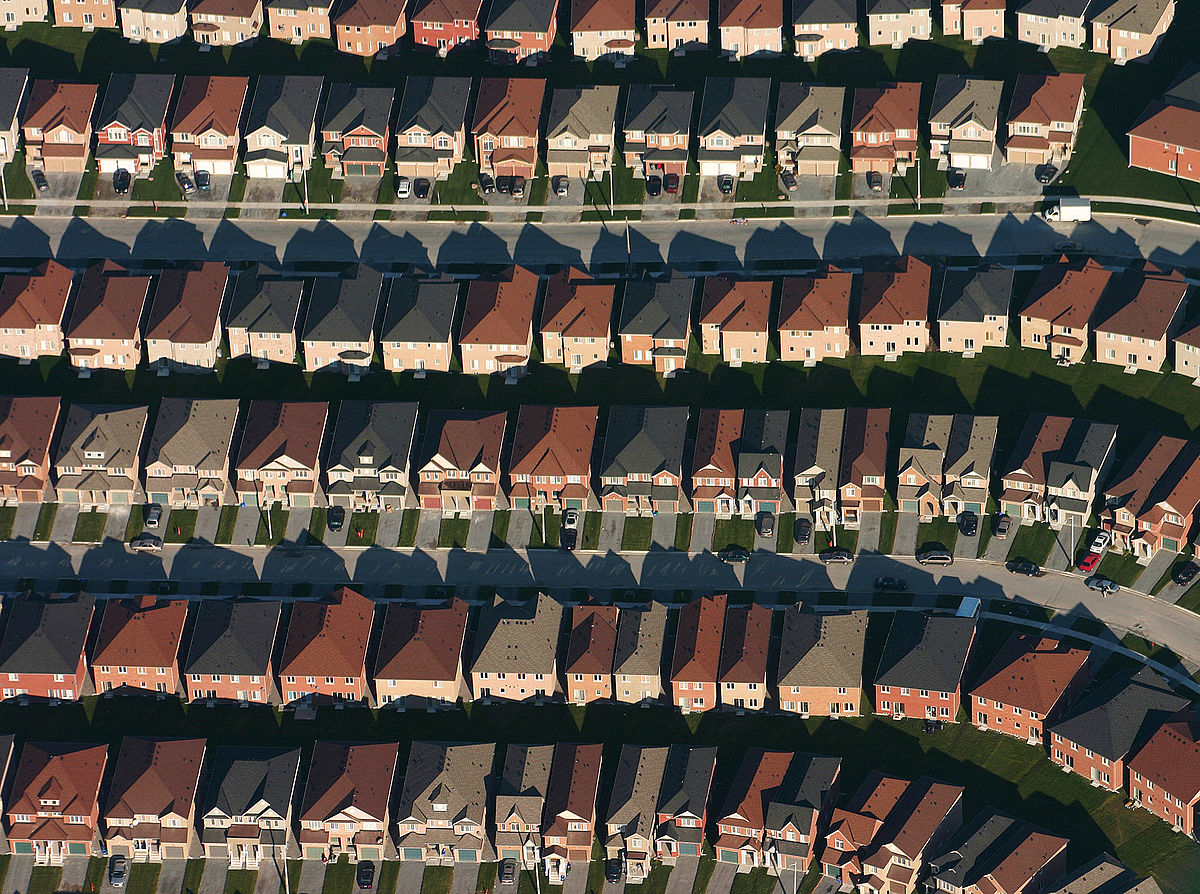The whole world is a city, or becoming one, we’ve been told repeatedly, but a new Economist report pushes back at the idea, arguing that China, India and Brazil, three ascendant powers, are embracing the sprawl. Measures must be taken to ensure that the environmental costs of non-density are minimized. The opening:
“IN THE West, suburbs could hardly be less fashionable. Singers and film-makers lampoon them as the haunts of bored teenagers and desperate housewives. Ferguson, Missouri, torched by its residents following the police shooting of an unarmed black teenager, epitomises the failure of many American suburbs. Mayors like boasting about their downtown trams or metrosexual loft dwellers not their suburbs.
But the planet as a whole is fast becoming suburban. In the emerging world almost every metropolis is growing in size faster than in population. Having bought their Gucci handbags and Volkswagens, the new Asian middle class is buying living space, resulting in colossal sprawl. Many of the new suburbs are high-rise, though still car-oriented; others are straight clones of American suburbs (take a look at Orange County, outside Beijing). What should governments do about it?
The space race
Until a decade or two ago, the centres of many Western cities were emptying while their edges were spreading. This was not for the reasons normally cited. Neither the car nor the motorway caused suburban sprawl, although they sped it up: cities were spreading before either came along. Nor was the flight to the suburbs caused by racism. Whites fled inner-city neighbourhoods that were becoming black, but they also fled ones that were not. Planning and zoning rules encouraged sprawl, as did tax breaks for home ownership—but cities spread regardless of these. The real cause was mass affluence. As people grew richer, they demanded more privacy and space. Only a few could afford that in city centres; the rest moved out.
The same process is now occurring in the developing world, but much more quickly.”

